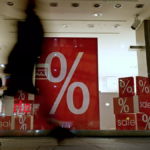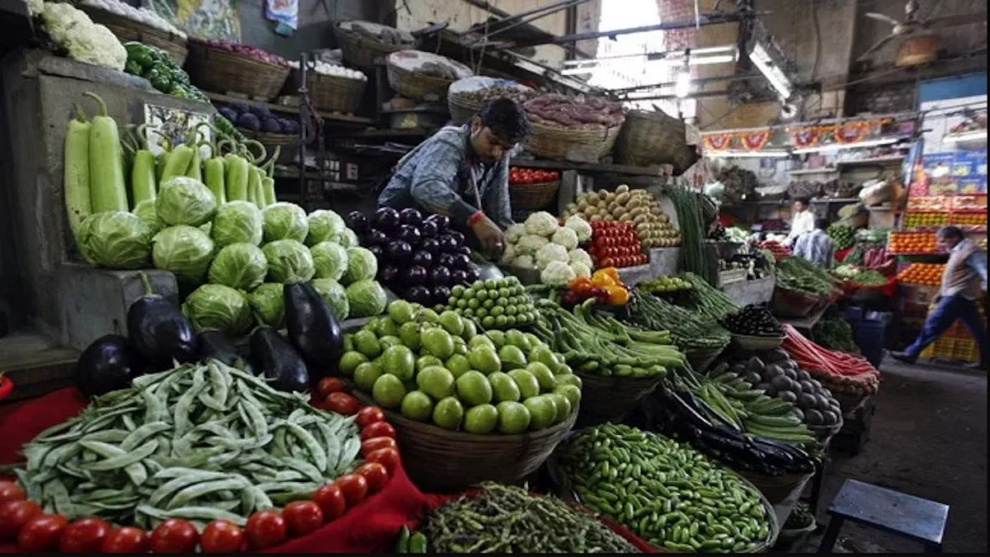Inflation remains elevated in 2023, triggered by rising food prices.
Morocco’s inflation rate rose by 5.4% over the first seven months of 2023, with a month-on-month increase of 0.3% at the end of July.
According to a monthly report from the Higher Commission of Planning (HCP), the surge is attributed to a 0.7% spike in food prices and a 0.2% uptick in non-food products.
Detailing the rise in food prices, the report indicated that between June and July 2023, the prices of fruits surged by a substantial 9.2%, and fish and seafood by 4.4%.
Meanwhile, vegetable prices dropped by 3.3%, milk, cheese, and eggs prices dipped by 0.6%, and bread and cereals prices dropped by 0.2%.
The inflationary impact was not uniform across regions. The city of Al-Hoceima saw the highest increase with 2.9%, followed by Beni-Mellal at 1.4%, Safi at 1.2%, Tetouan at 1.1%, Dakhla at 1.0%, Kenitra at 0.7%, Laayoune and Guelmim at 0.6%, and Rabat at 0.5%.
However, Fez experienced a 0.5% decrease, while Errachidia saw a 0.3% drop in prices.
Comparing July 2023 to the same month last year, the CPI surged by a substantial 4.9%, primarily driven by an 11.7% spike in food product prices and a 0.4% increase in non-food product prices.
Non-food products experienced varying changes, from a significant 7.0% decrease in transport prices to a notable 5.8% increase in restaurant and hotel services.
HCP echoes previous predictions from the Moroccan central bank, Bank Al-Maghrib (BAM), indicating that inflation in Morocco will remain elevated in the medium term.
Following their first quarterly meeting in 2023, BAM issued a statement explaining that “after reaching 6.6% in 2022, its highest level since 1992, inflation should remain at high levels in the medium term.”
The central bank further explained that the high rate is mainly due to the “surge in prices of certain food products included in the forecast.”
Still, BAM expects Morocco’s economic outlook to improve in the second half of 2023 thanks to the various mitigation efforts that the government is undertaking.
As international and external pressures will likely continue easing throughout 2023 and 2024, BAM concluded after its first quarterly meeting this year that it expects inflation in Morocco to drop even further to 2.3% in 2024, nearing the recommended 2% rate.
Source : MOROCCOWORLDNEWS

















Add Comment